Home>Home Appliances>Laundry Appliances>Why Is My Washing Machine Making A Buzzing Noise


Laundry Appliances
Why Is My Washing Machine Making A Buzzing Noise
Published: February 22, 2024
Discover the reasons behind your laundry appliances making a buzzing noise and learn how to troubleshoot the issue. Keep your washing machine running smoothly with our expert tips.
(Many of the links in this article redirect to a specific reviewed product. Your purchase of these products through affiliate links helps to generate commission for Storables.com, at no extra cost. Learn more)
Common Causes of Buzzing Noise in Washing Machines
A buzzing noise emanating from your washing machine can be quite disconcerting, but fear not, as there are several common causes for this issue. Understanding these potential culprits can help you identify the source of the problem and take appropriate action to rectify it. Here are some common causes of buzzing noise in washing machines:
-
Faulty Motor: A malfunctioning motor is a frequent cause of buzzing in washing machines. Over time, the motor's components may wear out, leading to a buzzing or humming sound during operation. This issue often requires professional attention to diagnose and repair.
-
Worn Out Bearings: The bearings in the washing machine's drum assembly can deteriorate with prolonged use, resulting in a buzzing or rumbling noise. If left unaddressed, worn-out bearings can lead to more severe damage to the machine.
-
Loose or Damaged Belts: The belts responsible for driving the washing machine's drum and other components can become loose or damaged, causing a buzzing or squealing noise during operation. Regular inspection and maintenance of these belts can help prevent such issues.
-
Foreign Objects: It's not uncommon for small items such as coins, buttons, or debris to become lodged in the washing machine's drum or pump, leading to a buzzing or rattling noise. Thoroughly checking the drum and pump for foreign objects can help resolve this issue.
-
Uneven Load: When the laundry inside the machine is unevenly distributed, it can cause the drum to become unbalanced during the spin cycle, resulting in a buzzing or thumping noise. Ensuring a balanced load before starting the wash cycle can help mitigate this issue.
-
Worn Shock Absorbers: The shock absorbers in a washing machine are designed to dampen vibrations during operation. If these components become worn or damaged, they may fail to effectively reduce vibrations, leading to a buzzing or rattling noise.
By familiarizing yourself with these common causes of buzzing noise in washing machines, you can take proactive measures to address potential issues and maintain the optimal performance of your appliance. Identifying the source of the buzzing noise is the first step toward resolving the issue and ensuring that your washing machine operates smoothly and quietly.
Key Takeaways:
- Don’t ignore a buzzing washing machine! It could be a faulty motor, worn-out bearings, or foreign objects. Regular maintenance and professional help can keep your machine running smoothly.
- When in doubt, call a pro! Persistent buzzing, complex repairs, warranty concerns, safety issues, and specialized tools all signal the need for professional washing machine repairs.
Read more: Why Is My AC Making A Buzzing Noise
How to Diagnose the Buzzing Noise in Your Washing Machine
Diagnosing the source of a buzzing noise in your washing machine can seem daunting, but with a systematic approach, you can pinpoint the underlying issue. Here's a step-by-step guide to help you identify the cause of the buzzing noise:
-
Empty the Drum: Start by ensuring that the washing machine drum is empty. Any items left inside could cause unwanted noise during the diagnostic process.
-
Inspect the Drum: Rotate the drum manually to check for any obstructions or foreign objects that may be causing the buzzing noise. Look and feel for any irregularities, such as loose components or debris.
-
Level the Machine: Confirm that the washing machine is sitting level on the floor. Use a spirit level to check both the side-to-side and front-to-back balance. Adjust the machine's leveling feet if necessary to eliminate any potential imbalance that could lead to buzzing.
-
Check for Loose Belts: Carefully examine the belts that drive the washing machine's drum and motor. Look for signs of wear, damage, or looseness. If any issues are detected, the belts may need to be tightened or replaced.
-
Inspect the Motor: Listen for the source of the buzzing noise while the machine is in operation. If the noise appears to be coming from the motor, it may indicate a motor-related issue that requires professional attention.
-
Examine the Bearings: If the buzzing noise persists, the bearings within the drum assembly may be the culprit. To inspect the bearings, the machine may need to be partially disassembled, a task best left to a qualified technician.
-
Test with a Small Load: Run a small load of laundry through a wash cycle and observe the machine's behavior. Note any changes in the buzzing noise and whether it occurs during specific stages of the cycle.
-
Monitor the Spin Cycle: During the spin cycle, pay close attention to any unusual vibrations or sounds. A buzzing noise during this phase could indicate issues with the drum, bearings, or load balance.
By following these diagnostic steps, you can gain valuable insights into the source of the buzzing noise in your washing machine. While some issues may be resolved through simple adjustments or maintenance, others may require professional intervention. Identifying the root cause of the buzzing noise is the first step toward restoring your washing machine's smooth and quiet operation.
Tips for Fixing a Buzzing Washing Machine
When faced with a buzzing washing machine, it's essential to address the issue promptly to prevent further damage and restore the appliance's smooth operation. Here are some practical tips for fixing a buzzing washing machine:
-
Tighten or Replace Belts: If the buzzing noise is attributed to loose or damaged belts, inspect them for signs of wear, fraying, or misalignment. Tighten loose belts or replace them if necessary to ensure proper functioning and eliminate the buzzing sound.
-
Lubricate Bearings: In the case of worn-out bearings causing the buzzing noise, consider lubricating them to reduce friction and minimize the noise. However, if the bearings are significantly worn, they may require replacement by a qualified technician.
-
Clear Foreign Objects: Thoroughly check the washing machine's drum and pump for any foreign objects, such as coins, buttons, or debris, that may be causing the buzzing noise. Remove any obstructions to restore smooth and quiet operation.
-
Balance the Load: Unevenly distributed laundry can lead to a buzzing or thumping noise during the spin cycle. Ensure that the load is evenly balanced within the drum to prevent excessive vibrations and noise.
-
Inspect Shock Absorbers: If the washing machine utilizes shock absorbers to dampen vibrations, inspect them for wear or damage. Worn shock absorbers can contribute to excessive noise during operation and may need to be replaced.
-
Professional Maintenance: Consider scheduling professional maintenance for your washing machine to address any underlying issues contributing to the buzzing noise. A qualified technician can conduct a thorough inspection, diagnose the problem accurately, and perform any necessary repairs.
-
Regular Cleaning and Maintenance: Implement a routine maintenance schedule for your washing machine, including cleaning the drum, pump, and filters. Regular maintenance can prevent the accumulation of debris and prolong the lifespan of the appliance.
-
Check for Leveling: Ensure that the washing machine is sitting level on the floor to prevent unnecessary vibrations and buzzing. Adjust the leveling feet as needed to achieve proper balance and stability.
By implementing these tips, you can effectively address the buzzing noise in your washing machine and maintain its optimal performance. However, if the buzzing persists despite these efforts, it may be indicative of a more complex issue that requires professional diagnosis and repair. Prioritizing the maintenance and care of your washing machine can contribute to its longevity and reliable operation, ensuring that it continues to serve your household effectively.
When to Call a Professional for Washing Machine Repairs
While some buzzing issues in washing machines can be resolved through simple maintenance and troubleshooting, there are instances where the expertise of a professional repair technician is essential. Knowing when to seek professional assistance can prevent further damage to your washing machine and ensure that the underlying issues are accurately diagnosed and addressed.
Here are the scenarios in which it is advisable to call a professional for washing machine repairs:
Persistent Buzzing Noise
If the buzzing noise in your washing machine persists despite your best efforts to diagnose and resolve the issue, it is a clear indication that professional intervention is necessary. A qualified technician can conduct a comprehensive assessment of the appliance, utilizing specialized tools and diagnostic techniques to pinpoint the source of the problem.
Complex Component Replacement
Certain repairs, such as replacing the motor, bearings, or electronic control board, require technical expertise and specialized knowledge. These components are integral to the functioning of the washing machine, and their replacement demands precision and familiarity with the appliance's internal mechanisms. Entrusting such tasks to a professional ensures that the repairs are carried out effectively and with the appropriate replacement parts.
Warranty Considerations
If your washing machine is still under warranty, it is advisable to engage a professional repair service authorized by the manufacturer. Attempting DIY repairs or seeking assistance from unauthorized technicians can potentially void the warranty. By opting for authorized professionals, you can ensure that the repairs are conducted in accordance with the manufacturer's guidelines, preserving the warranty coverage.
Safety Concerns
When dealing with electrical or mechanical issues in a washing machine, safety should always be a priority. If you are uncertain about handling complex repairs or troubleshooting electrical components, it is best to seek the expertise of a professional technician. They possess the knowledge and experience to address potential safety hazards and perform repairs in a secure and compliant manner.
Specialized Tools and Equipment
Professional repair technicians are equipped with specialized tools and diagnostic equipment tailored for washing machine repairs. These resources enable them to accurately assess the appliance's condition, identify underlying issues, and execute repairs with precision. By leveraging their expertise and tools, professionals can deliver efficient and effective solutions for buzzing and other washing machine-related problems.
In summary, recognizing the limitations of DIY repairs and understanding the complexities of washing machine components can guide you in determining when professional assistance is necessary. By engaging the services of a qualified technician, you can ensure that your washing machine receives the expert care it requires, ultimately prolonging its lifespan and restoring its optimal performance.
Frequently Asked Questions about Why Is My Washing Machine Making A Buzzing Noise
Was this page helpful?
At Storables.com, we guarantee accurate and reliable information. Our content, validated by Expert Board Contributors, is crafted following stringent Editorial Policies. We're committed to providing you with well-researched, expert-backed insights for all your informational needs.

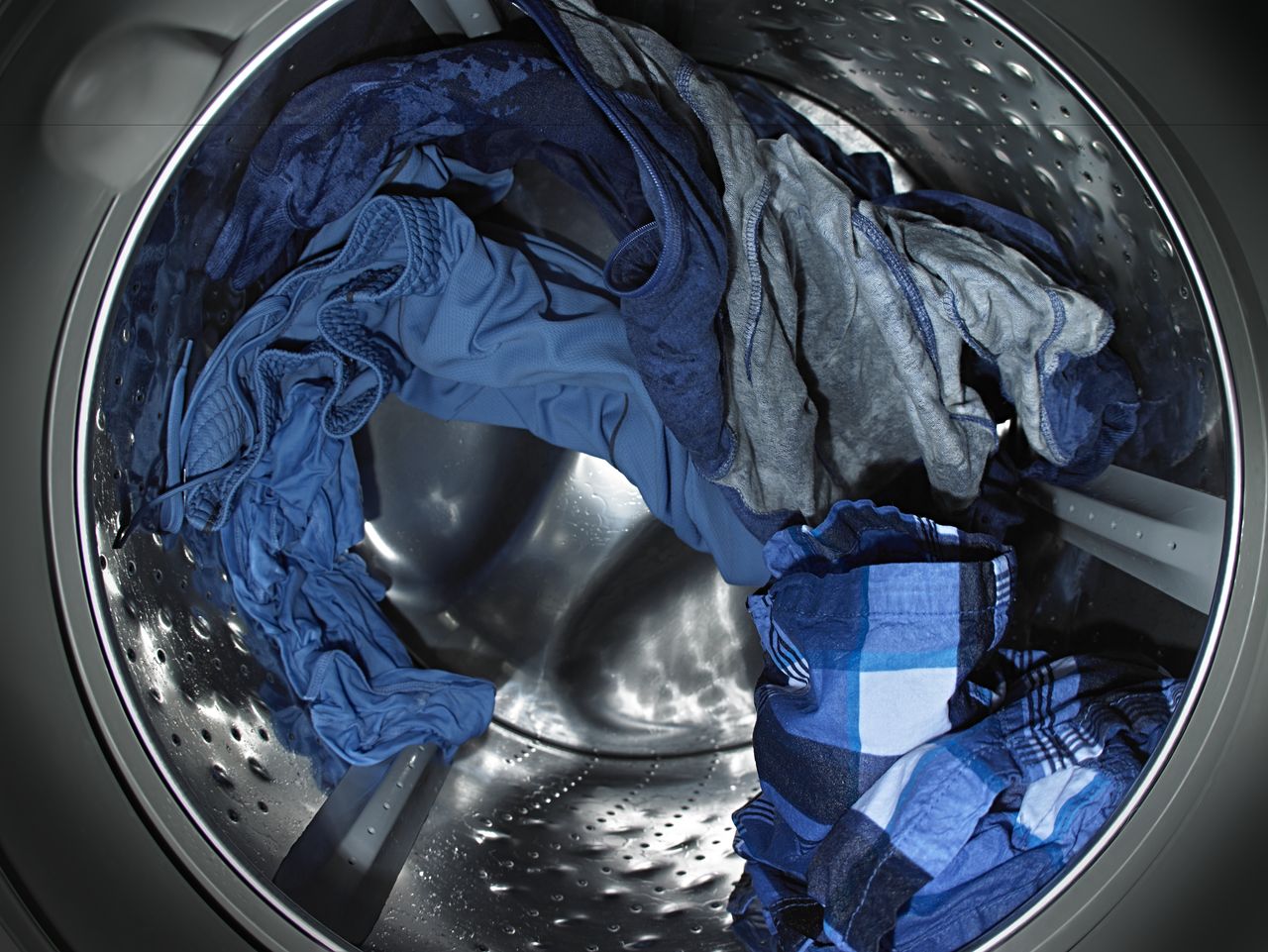
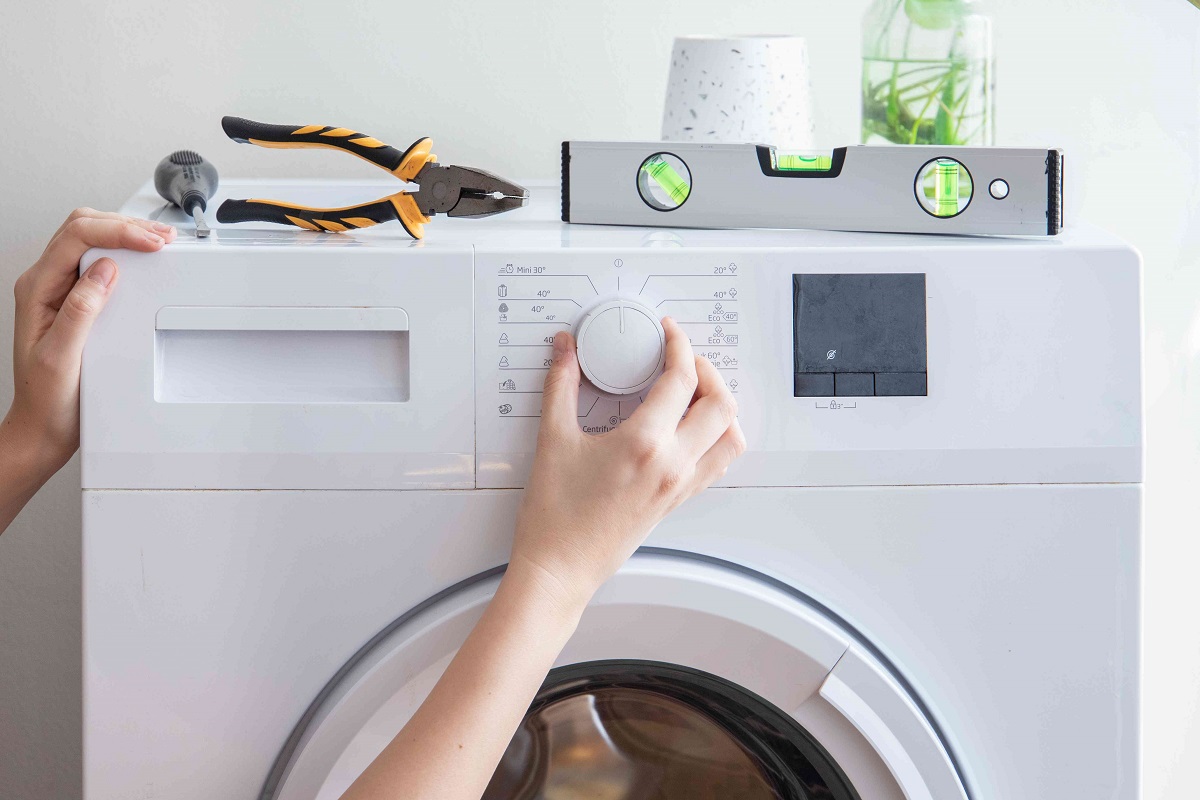
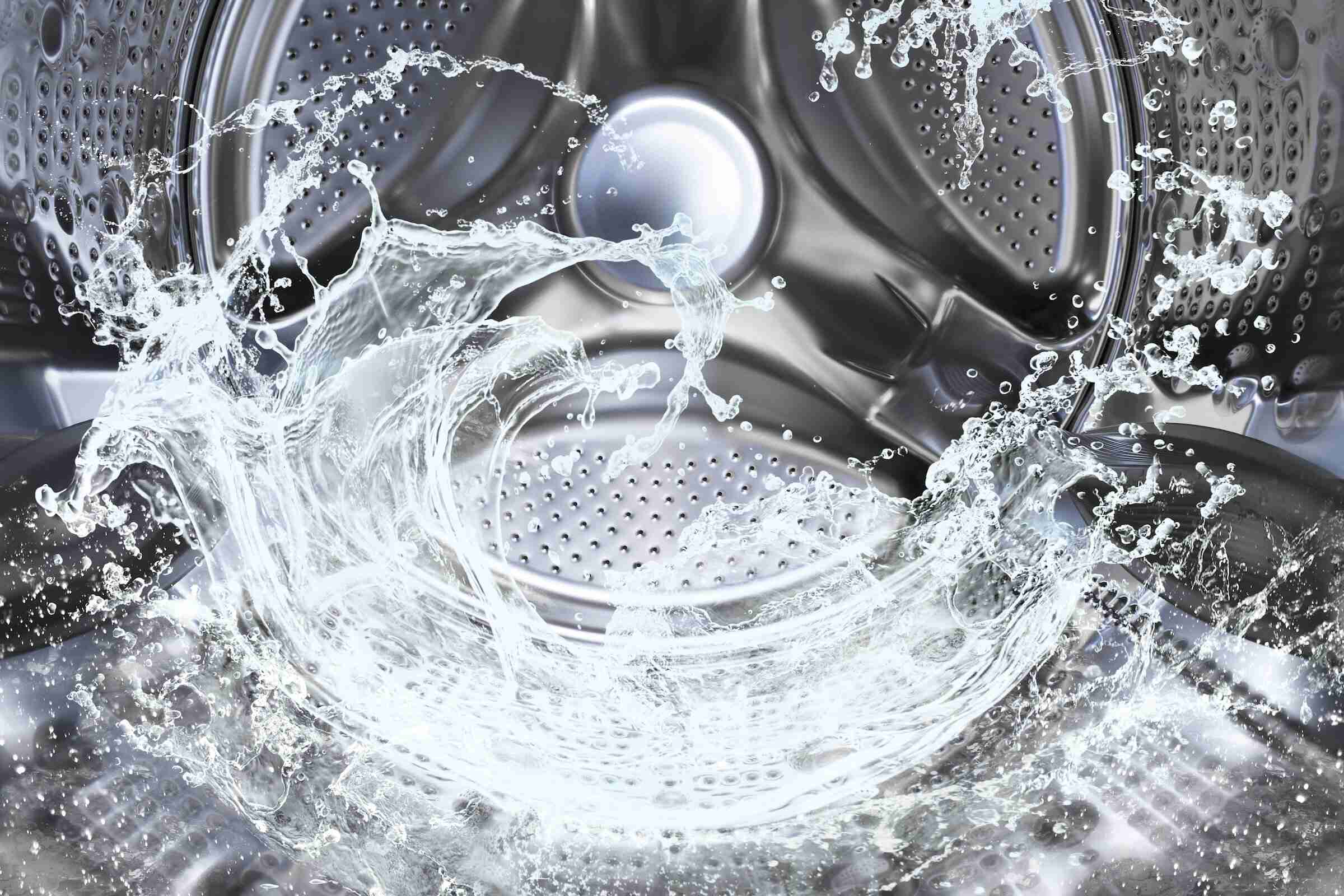

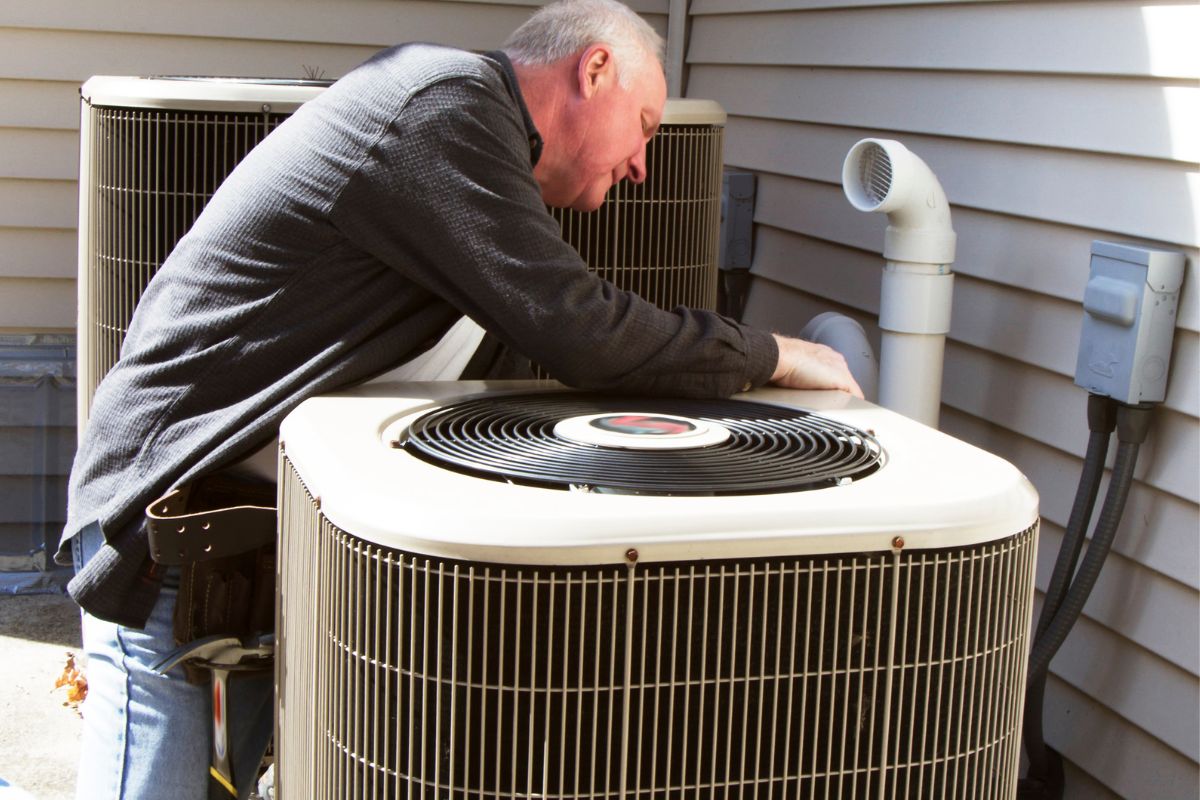
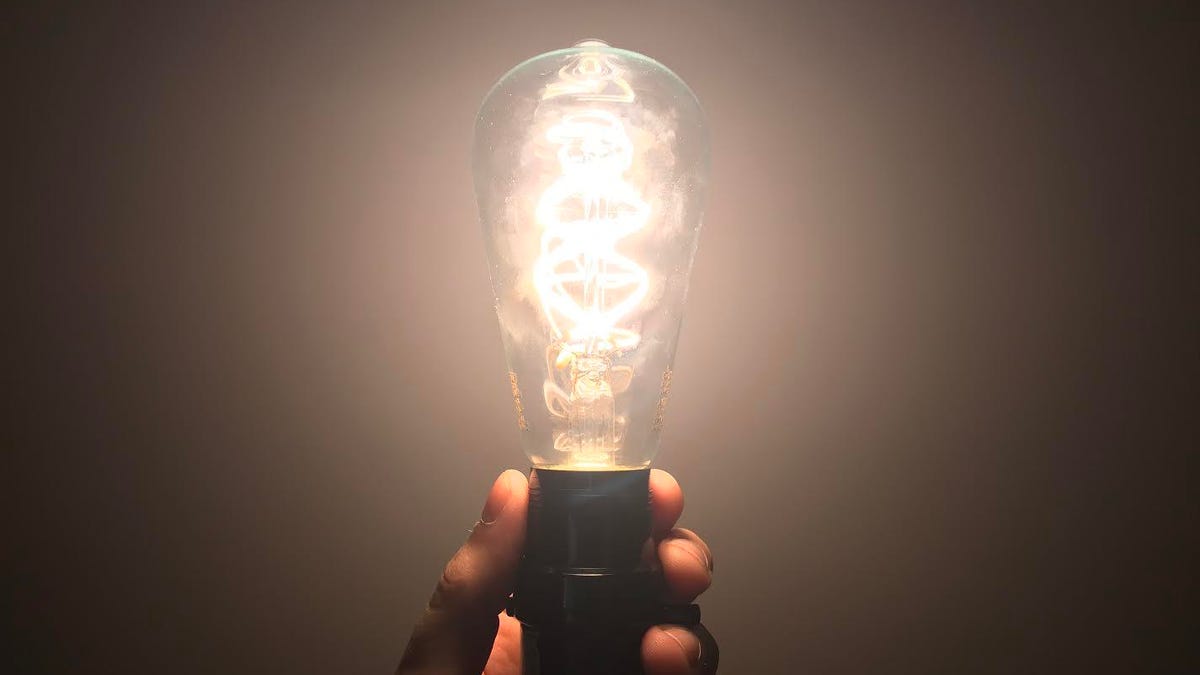
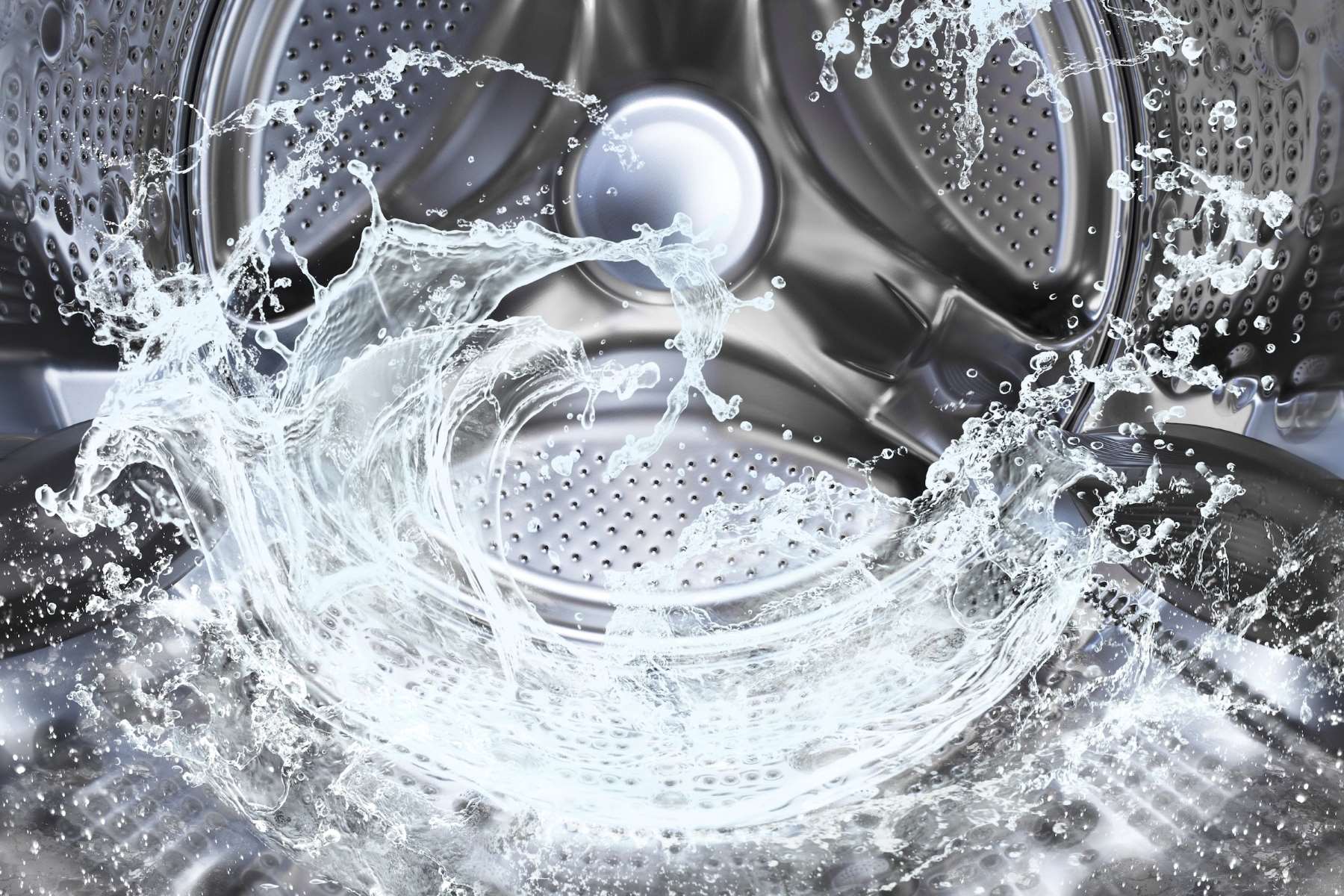
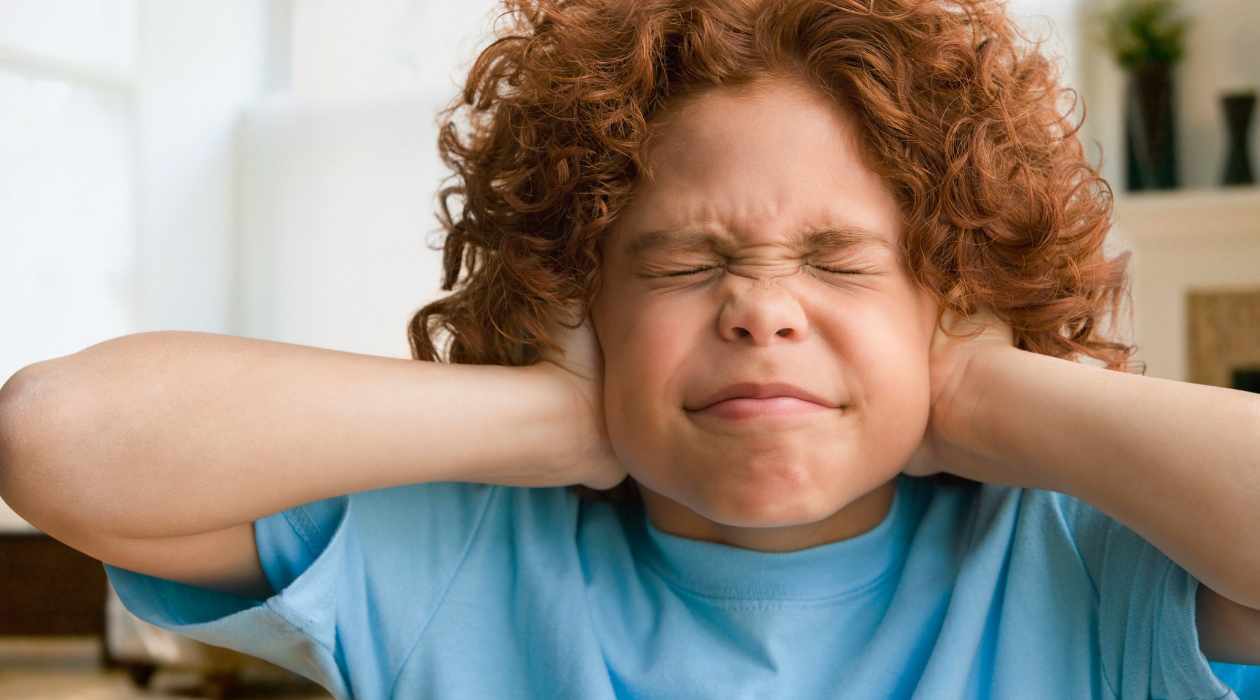
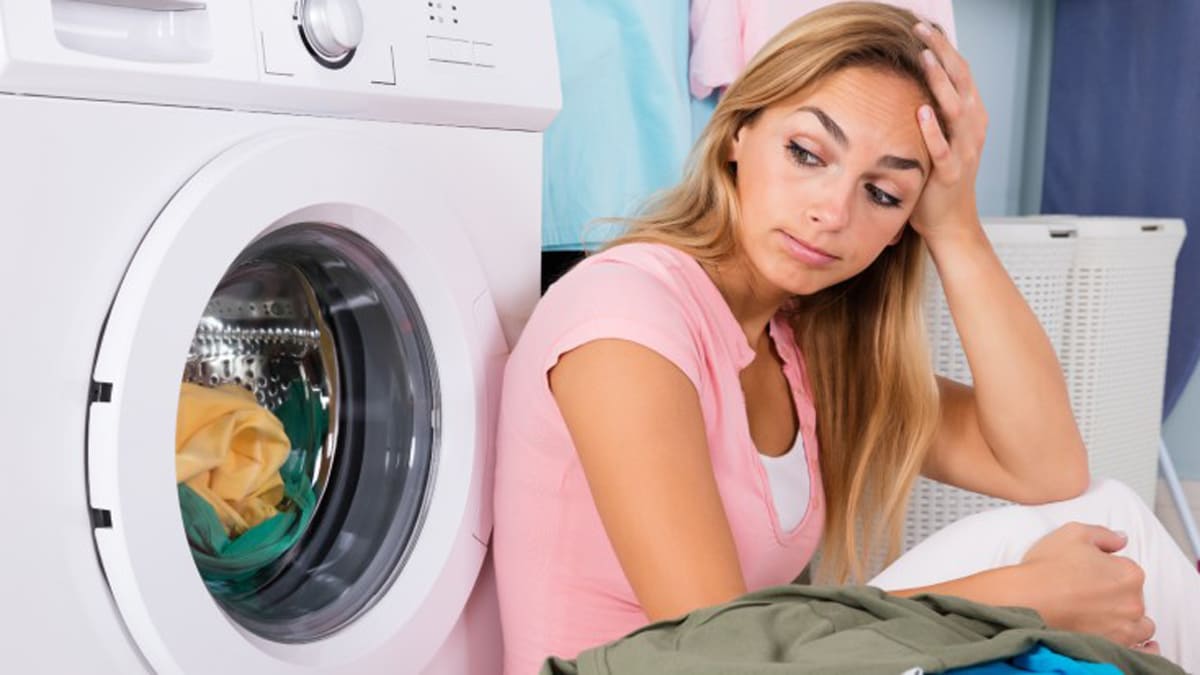
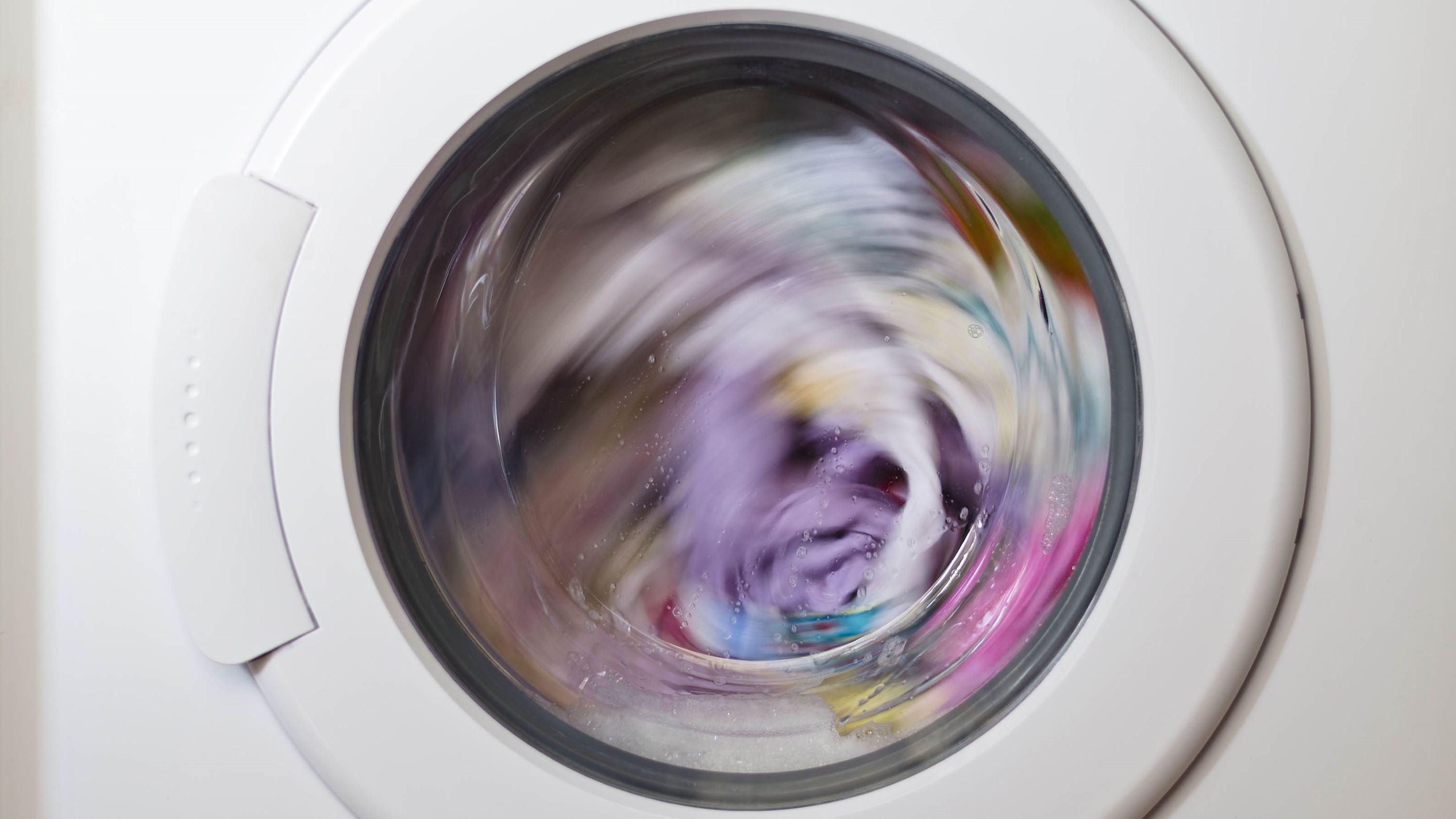
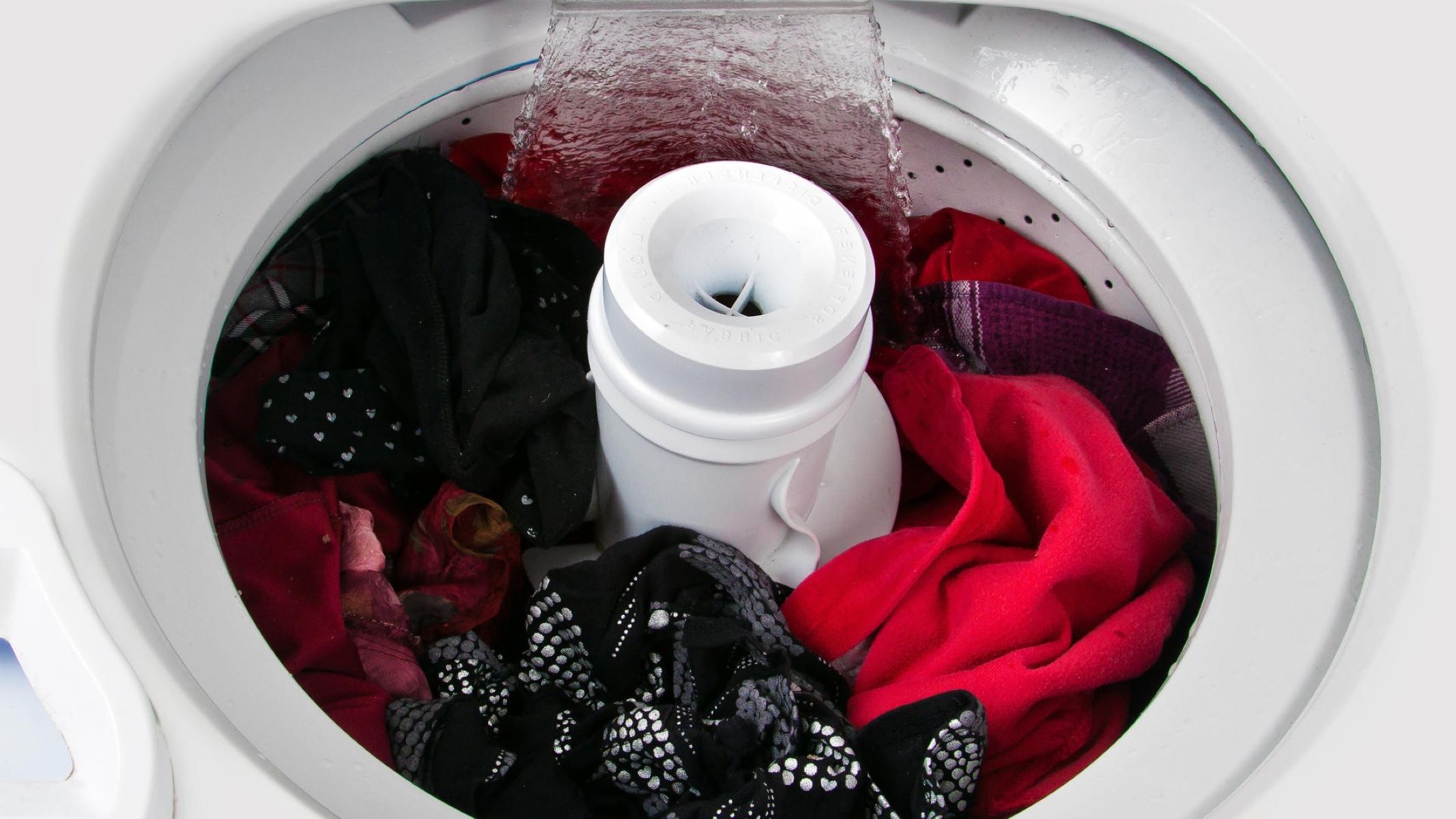
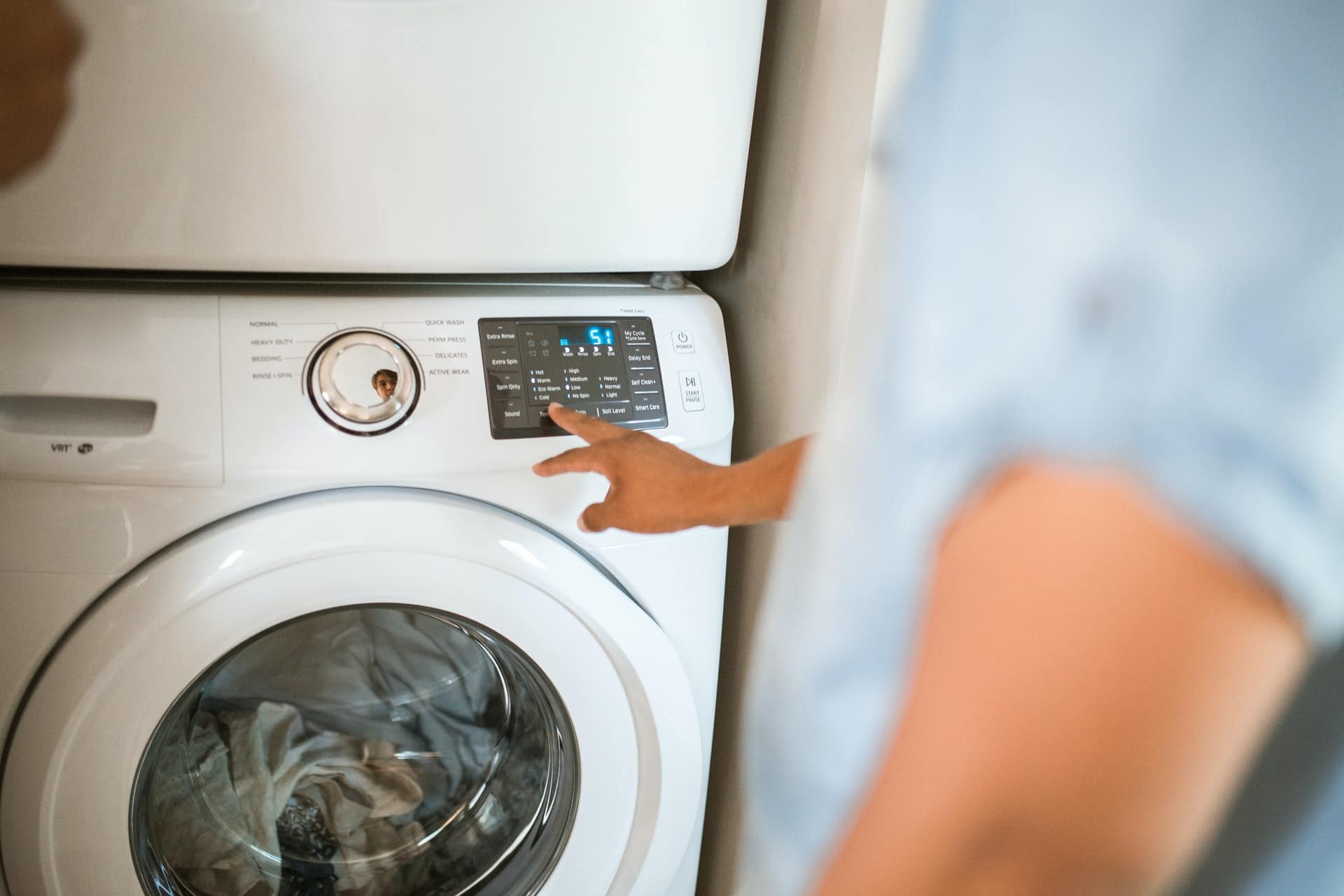
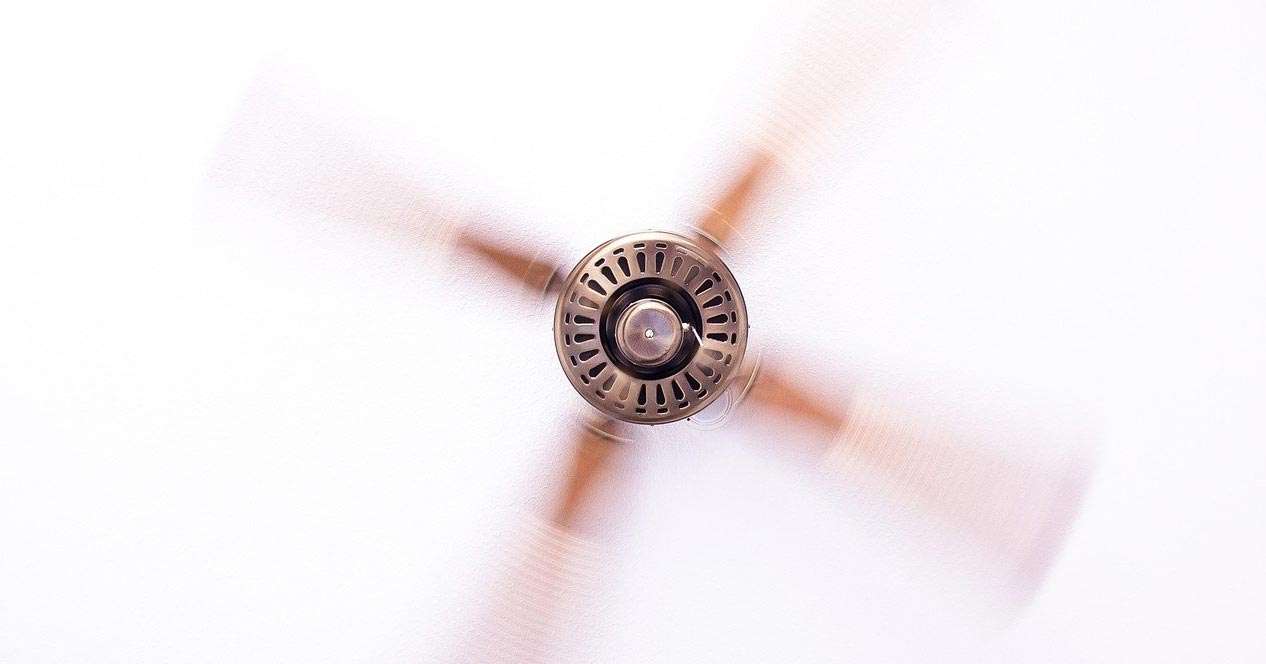

0 thoughts on “Why Is My Washing Machine Making A Buzzing Noise”